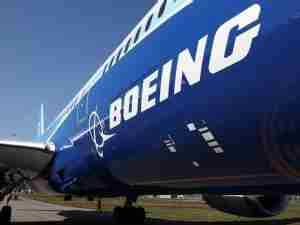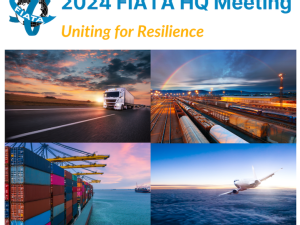Willie Walsh, chief executive of the International Airlines Group (IAG), told a meeting of aviation industry representatives in Washington DC that the EU's has taken an "arrogant approach" to curbing greenhouse gas emissions from aviation, which harms the bottom line for both foreign and European air carriers.
IAG is the holding company for the two airlines and UK airline BMI.
"It's not in the EU's interest to pursue this in the way we are - to risk a trade war in a time when Europe is desperate for growth and the euro zone is clearly incredible fragile. It's madness," he told reporters on Tuesday.
Pressure has been mounting on the European Commission to scrap its aviation law.
China and India have refused to comply so far, while the U.S. has urged the EU to work with other countries to develop a common market-based solution to emissions under the International Civil Aviation Organization (ICAO), a U.N. agency.
For example, Chinese airlines, which have been told by Beijing not to comply with the European Union's emissions trading scheme (ETS), refused to meet a March 31 deadline for submitting carbon emissions data.
The EU has remained firm that it will not back down from imposing its law unless countries can agree on a global framework to curb the global aviation sector's emissions.
"It won't be the EU that bears the brunt of any action. It will be EU airlines. In our fragile industry, the last thing that we want is to have our business undermined by further government action," Walsh said.
Since January this year, all airlines using EU airports are required to buy permits under the ETS.
Airlines will not have to pay for the permits until next year, and are pressing their governments to agree on a global deal before then.
Walsh said instead of imposing its solution on the rest of the world, the EU should have demonstrated to other countries that emissions trading was a credible solution.
"I think they would be in a much stronger position if they had been able to show evidence of how ETS had been effective rather than declaring that this is the solution and that everybody is going to adopt their solution," he said.
Better Options
He added that while IAG supports emissions trading as the most effective way to address aviation emissions, he said the long-term solution will be for ICAO to create a global carbon trading scheme.
The U.S. Department of Transportation (DOT) and State Department will hold a two-day meeting starting July 31 of a dozen countries opposed to the EU trading scheme to discuss how countries can find alternative under ICAO.
Walsh said he is supportive of efforts of DOT Secretary Ray LaHood, who is "trying to convince the EU to look at options to avoid" a trade conflict.
He said his diplomatic efforts are more effective than those of other European trading scheme opponents, such as India and China, which have overtly threatened a trade war.
Until ICAO finds a solution, Walsh said the EU can resolve the current aviation row by only charging airlines for emissions released in EU airspace.
Currently, all operators flying to and from the EU have to surrender one allowance for every tonne of CO2 emitted on a flight to, from and within Europe. (Reuters)











